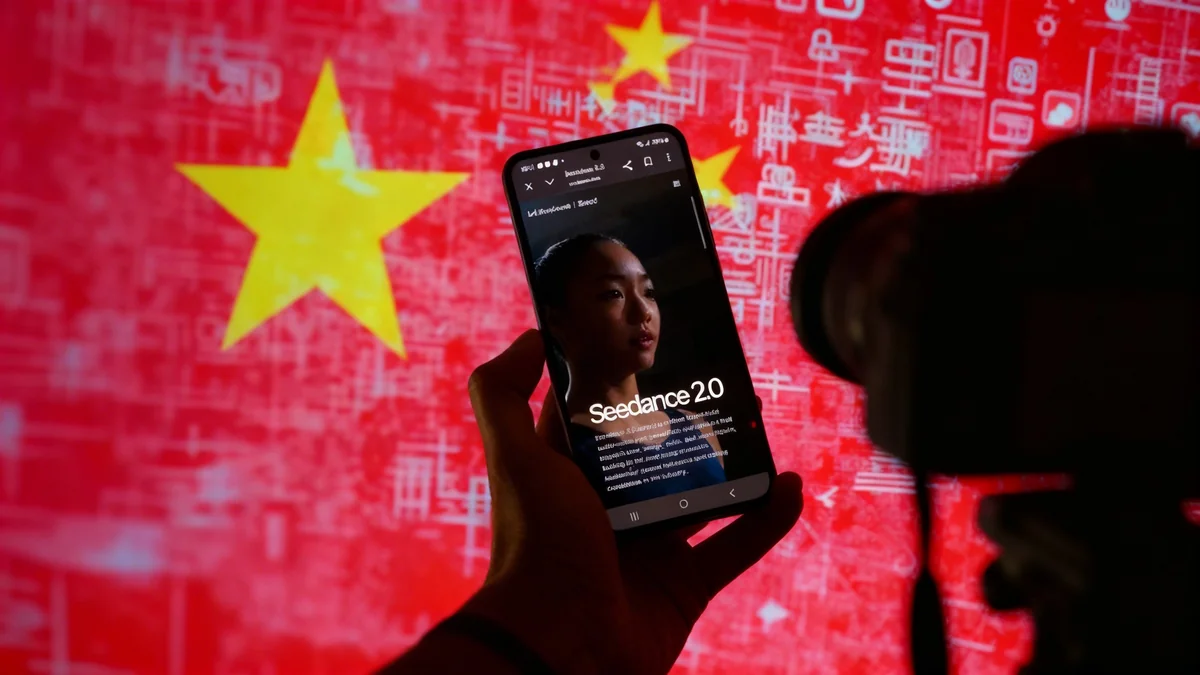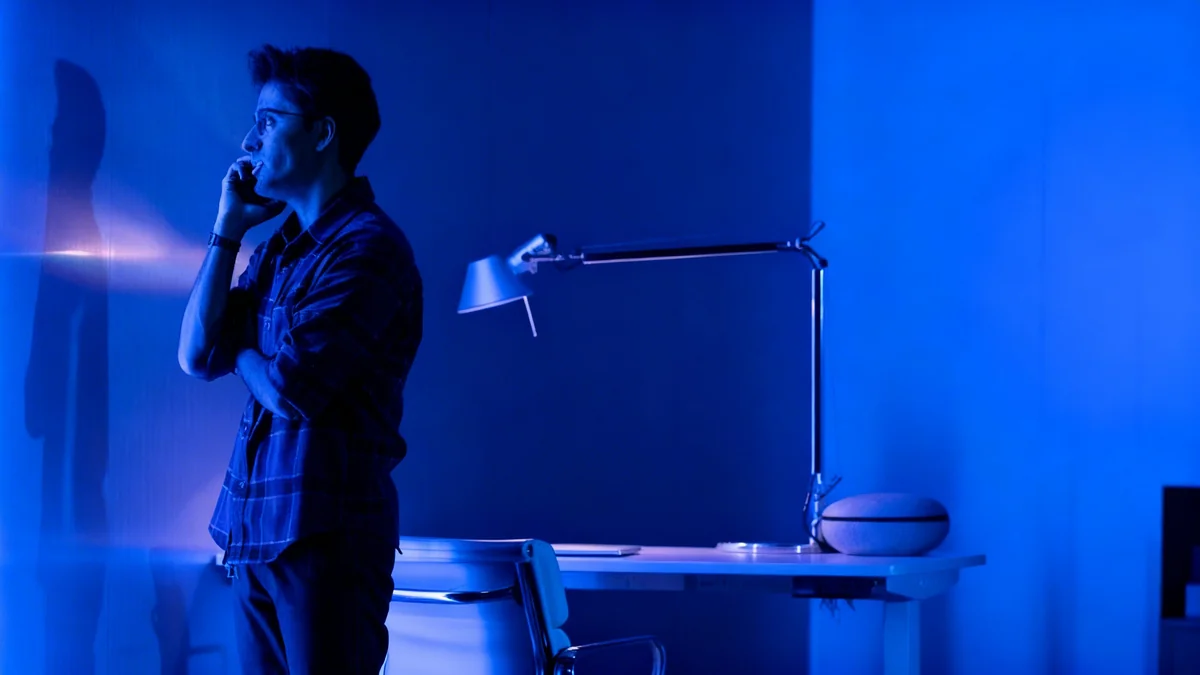Actress and screenwriter Emma Thompson has ignited a widespread conversation about the role of artificial intelligence in creative fields following a recent appearance on "The Late Show with Stephen Colbert." Her passionate and profanity-laced critique of generative AI has gone viral, resonating with a public increasingly concerned about the technology's reach.
Thompson's comments did not focus on complex AI applications in filmmaking but on a more common experience: the intrusive nature of AI-powered suggestions in everyday software. This has tapped into a growing sentiment of frustration and anxiety surrounding AI's encroachment on human creativity and autonomy.
Key Takeaways
- Actress Emma Thompson's recent comments on "The Late Show with Stephen Colbert" have gone viral.
- She expressed frustration with generative AI's suggestions while using word processing software for her writing.
- The segment highlights a growing public unease with the increasing integration of AI into creative and personal tasks.
- This incident adds a prominent voice to the ongoing debate about the ethical and practical implications of artificial intelligence.
A Candid Critique on Late-Night Television
During her interview, Emma Thompson described her writing process, which begins with longhand composition before being transcribed into a digital document. It was at this stage, she explained, that she encountered the AI features that prompted her outburst.
She detailed her exasperation with the software repeatedly asking if she wanted it to rewrite her work. Thompson's animated and humorous retelling of her experience struck a chord with the studio audience and has since been shared extensively across social media platforms.
Her reaction, punctuated with strong language, captured a feeling of indignation that many users experience when technology oversteps its role as a tool and attempts to become a creative partner without invitation.
The moment has been praised by many as an authentic and relatable expression of the unease surrounding generative AI. It shifts the conversation from abstract, high-level debates to the tangible, everyday annoyances and intrusions caused by the technology.
Broader Implications for Creative Industries
While Thompson's specific complaint was about word processing, it taps into a much larger and more contentious debate within the creative industries. The rise of generative AI has raised significant concerns among writers, artists, musicians, and actors about job security, intellectual property, and the very definition of creativity.
High-profile labor disputes, including recent strikes by writers and actors in Hollywood, have featured AI as a central point of negotiation. Creatives are worried that studios and production companies could use AI to generate scripts, create digital likenesses of actors without fair compensation, or replace human workers in various roles.
Context: AI in the Arts
The debate over AI's role is not new, but the rapid advancement of generative models has intensified it. These tools can now create text, images, and music that are often indistinguishable from human-made work. This has led to legal and ethical questions about copyright, ownership, and the potential for devaluing human skill and artistry.
Thompson’s viral moment serves as a powerful, mainstream example of the pushback against the unsolicited integration of AI. Her status as a respected, Oscar-winning writer and actor gives significant weight to these concerns, bringing them to an audience that may not follow the intricacies of tech policy or labor negotiations.
The User Experience and AI Intrusion
The core of Thompson's frustration points to a critical aspect of technology development: user experience. Her story illustrates a disconnect between the intentions of software developers and the desires of the end-user. The feature designed to be a helpful assistant was perceived as an intrusive critic.
This highlights a fundamental question in the age of AI:
- When does a helpful suggestion become an unwanted intrusion?
- How can technology be designed to empower users without undermining their autonomy?
- What are the ethical boundaries for AI intervention in personal and creative processes?
Tech companies are racing to integrate generative AI into a wide array of products, from email clients and operating systems to creative software suites. The push is often framed as a way to boost productivity and efficiency. However, as Thompson's reaction shows, there is a risk of alienating users who feel their own judgment and skills are being questioned or sidelined.
Public Perception of AI
Recent surveys indicate a mixed but increasingly wary public perception of artificial intelligence. While many appreciate AI-powered conveniences like navigation apps and spam filters, there is significant concern about its impact on jobs, privacy, and decision-making. Incidents like this one can crystallize and amplify those anxieties.
A Catalyst for Conversation
The widespread sharing of Emma Thompson's interview clip demonstrates the power of a relatable story to frame a complex technological debate. It has moved the discussion about AI from tech circles and academic halls into everyday conversation.
Her candid frustration provides a human face for the anxieties surrounding a technology that often feels abstract and impersonal. It validates the feelings of those who are skeptical or uncomfortable with the pace of AI integration into their lives.
As developers continue to build more sophisticated AI tools, this viral moment serves as a potent reminder. The most successful technologies are often those that respect the user's intelligence and agency, serving as capable assistants rather than presumptuous collaborators. The conversation sparked by a simple, frustrated rant on television may have a lasting impact on how we think about, and design, the artificial intelligence of the future.





